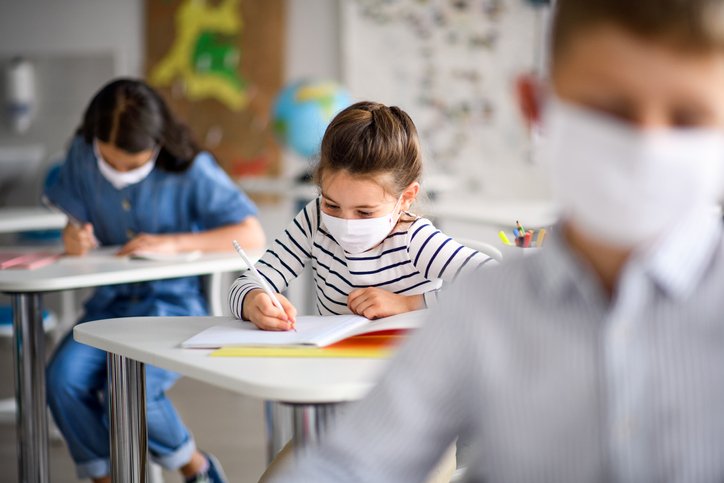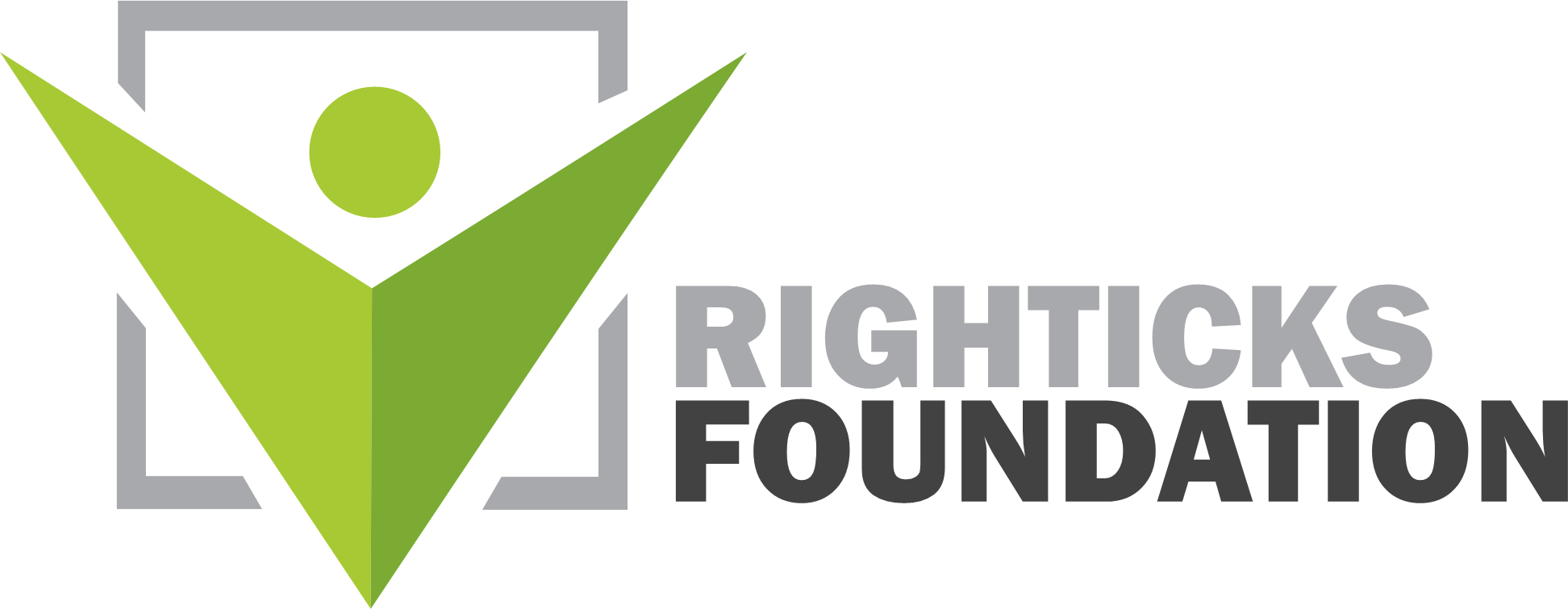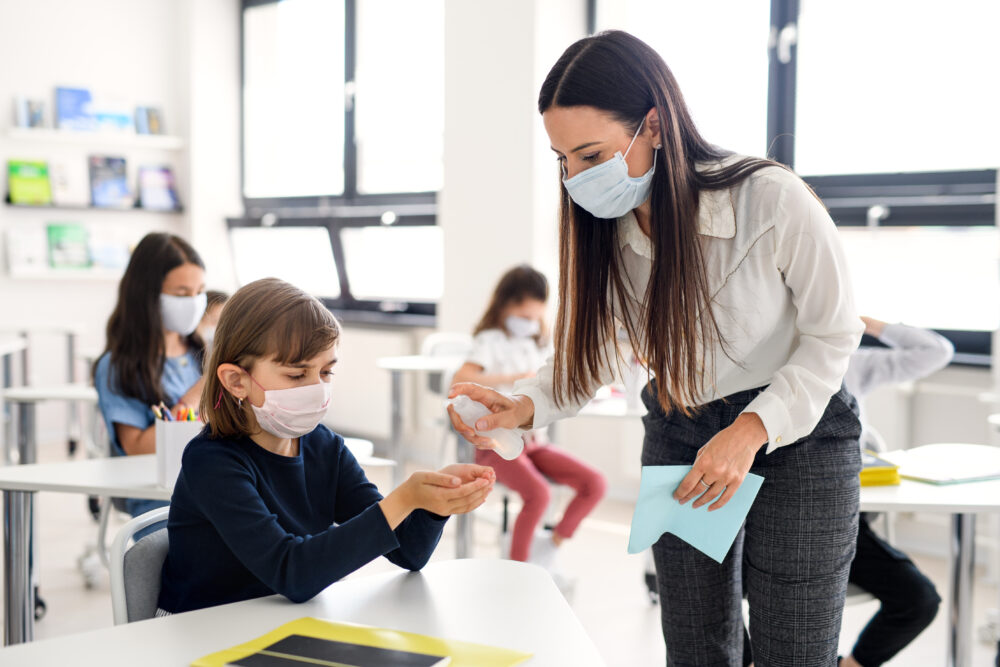The onset of the COVID-19 pandemic in early 2020 triggered a seismic shift in various aspects of human life, and the field of education was no exception. Schools, colleges, and universities across the globe faced unprecedented challenges as they navigated the uncharted waters of remote and hybrid learning. Education, once predominantly confined within the four walls of a classroom, found itself on the precipice of transformation on multiple fronts.

Tips for parents as another pandemic school year begins
Digital Divide and Accessibility
One of the most glaring disparities exacerbated by the pandemic was the digital divide. As education shifted to online platforms, the inequalities in access to technology and the internet became painfully apparent. Students from economically disadvantaged backgrounds faced hurdles in keeping up with lessons due to a lack of proper devices and connectivity. Bridging this divide requires innovative solutions, such as distributing devices, providing free internet access, and creating localized educational content to ensure learning continuity for all.

What Covid-19 Safety Measures Await Students Returning to School In Coral Springs
Pedagogical Pivot
The sudden shift to remote learning forced educators to swiftly adapt their teaching methods. Traditional classroom techniques had to be recalibrated for virtual environments, demanding a rethink of how content is delivered and engagement is maintained. Across the globe, educators embraced a wide array of tools for teaching, such as video conferencing, interactive online platforms, and AI-powered personalized learning, fundamentally transforming the way they teach and nurturing inventive approaches to instruction.

Do students and teachers have to be tested before school starts?
Social and Emotional Well-being
Beyond academics, schools also serve as vital hubs for social interaction and emotional development. The isolation caused by remote learning took a toll on students’ mental health and well-being. Teachers, often acting as mentors and confidantes, faced challenges in providing emotional support virtually. Schools responded by incorporating virtual counseling services, mindfulness exercises, and platforms for students to connect, helping them navigate the emotional upheaval caused by the pandemic.

Unfinished Learning: The Lingering Effects of the Pandemic
Assessment and Evaluation
With the traditional examination model disrupted, educators had to grapple with devising fair and effective assessment methods. The shift to remote learning highlighted the limitations of traditional exams and the need for more comprehensive evaluation approaches. Educators began emphasizing continuous assessment, project-based evaluations, and open-book assessments that focused on critical thinking and problem-solving skills over rote memorization.
Future of Hybrid Learning
As the world moves towards recovery, the lessons learned from the pandemic are shaping the future of education. Hybrid learning, a blend of online and in-person instruction, is gaining prominence. This approach offers flexibility and caters to individual learning styles while incorporating the benefits of face-to-face interaction. Institutions are investing in creating seamless digital infrastructures and training educators to excel in this new educational landscape.

Editorial: Back-to-school during COVID-19 an all-new lesson
Conclusion
Education in COVID-19 times showcased its resilience and adaptability in the face of unprecedented challenges. The pandemic accelerated the adoption of technology in education and forced stakeholders to address long-standing issues like accessibility and assessment methodologies. The encounter highlighted the significance of taking a comprehensive stance on education, covering not only academics but also emotional and social dimensions. As we progress, the insights we’ve gained must consistently shape policies, educational plans, and methodologies, guaranteeing the enduring strength and all-encompassing nature of education in response to any forthcoming adversities.
Read More:- Empowering India’s Future: The Crucial Significance Of Girl Child Education
Read More:- 5 Essential Courses for Every Information Technology Professional

